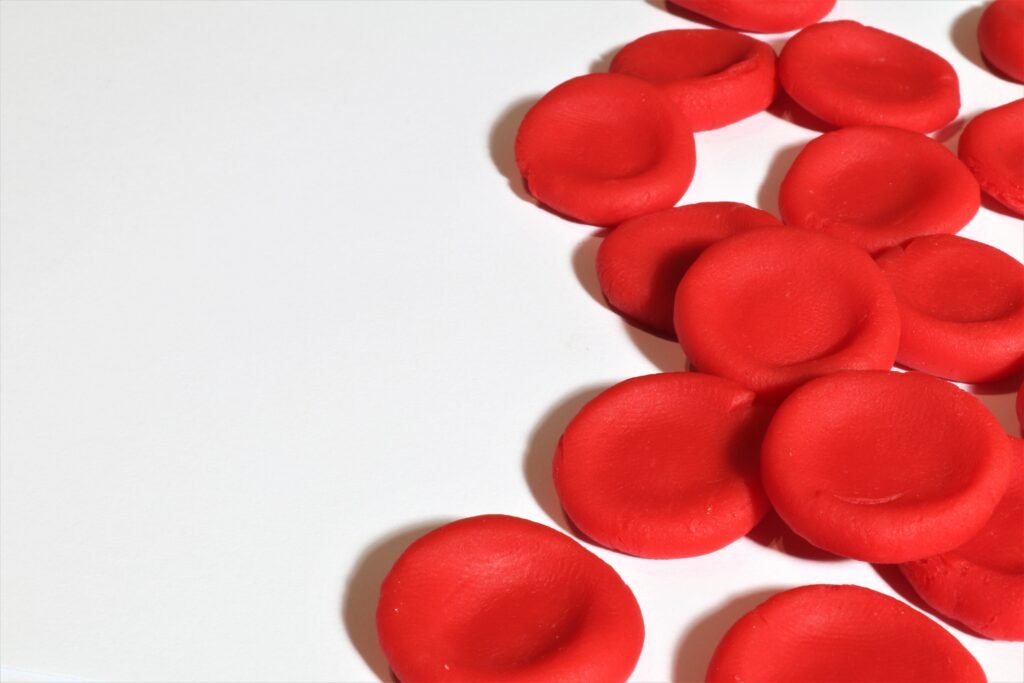
Iron deficiency is a prevalent nutritional problem that affects people of all ages, often leading to anemia, fatigue, and various health complications. The good news is that it can be effectively managed and prevented through dietary choices. In this article, we’ll explore iron deficiency and provide a comprehensive list of iron-rich foods to help you maintain optimal iron levels and overall health.
Iron Deficiency:
Iron is an essential mineral that plays a crucial role in transporting oxygen throughout the body. When your iron intake is insufficient, the body can’t produce enough red blood cells, leading to iron-deficiency anemia. Common symptoms include fatigue, weakness, pale skin, and shortness of breath.
Iron Requirements
The recommended daily intake of iron varies by age, gender, and life stage. Adult men and postmenopausal women generally need about 8 milligrams (mg) of iron per day, while premenopausal women require around 18 mg due to monthly iron loss through menstruation. Pregnant women need even more, around 27 mg daily.
Iron-Rich Foods
To prevent or combat iron deficiency, it’s essential to incorporate iron-rich foods into your diet. Here’s a list of foods that are excellent sources of dietary iron:
- Red Meat: Beef, lamb, and pork are among the best sources of heme iron, which is highly absorbable by the body.
- Poultry: Chicken and turkey also provide heme iron, although in slightly lower amounts than red meat.
- Fish: Certain types of fish, such as salmon, tuna, and sardines, are good sources of iron.
- Legumes: Beans, lentils, and chickpeas are rich in non-heme iron, which is less absorbable than heme iron but still valuable.
- Tofu: Firm tofu contains iron and is a versatile addition to vegetarian and vegan diets.
- Spinach: Dark, leafy greens like spinach are packed with iron, although the iron content can be influenced by cooking methods.
- Quinoa: This grain is not only a great source of plant-based protein but also provides a good amount of iron.
- Nuts and Seeds: Almonds, cashews, sunflower seeds, and pumpkin seeds are rich in iron and make for healthy snacks.
- Fortified Cereals: Many breakfast cereals are fortified with iron, making them a convenient choice for boosting iron intake.
- Dried Fruits: Raisins, apricots, and prunes are iron-rich, portable snacks.
Enhancing Iron Absorption
To maximize iron absorption from plant-based sources, consider the following tips:
- Pair iron-rich foods with vitamin C-rich foods like citrus fruits, bell peppers, and strawberries to enhance absorption.
- Avoid consuming calcium-rich foods and supplements at the same time as iron-rich foods, as calcium can inhibit iron absorption.
- Cook foods in cast-iron cookware to increase their iron content.
- Avoid excessive consumption of tea and coffee during meals, as they contain compounds that can inhibit iron absorption.
Conclusion
Iron deficiency is a common nutritional concern, but with mindful dietary choices, it can be prevented and managed effectively. By including a variety of iron-rich foods in your diet and optimizing absorption, you can maintain healthy iron levels and support overall well-being. If you suspect iron deficiency, consult a healthcare professional for proper evaluation and guidance.
Understanding Anemia and Iron Deficiency





